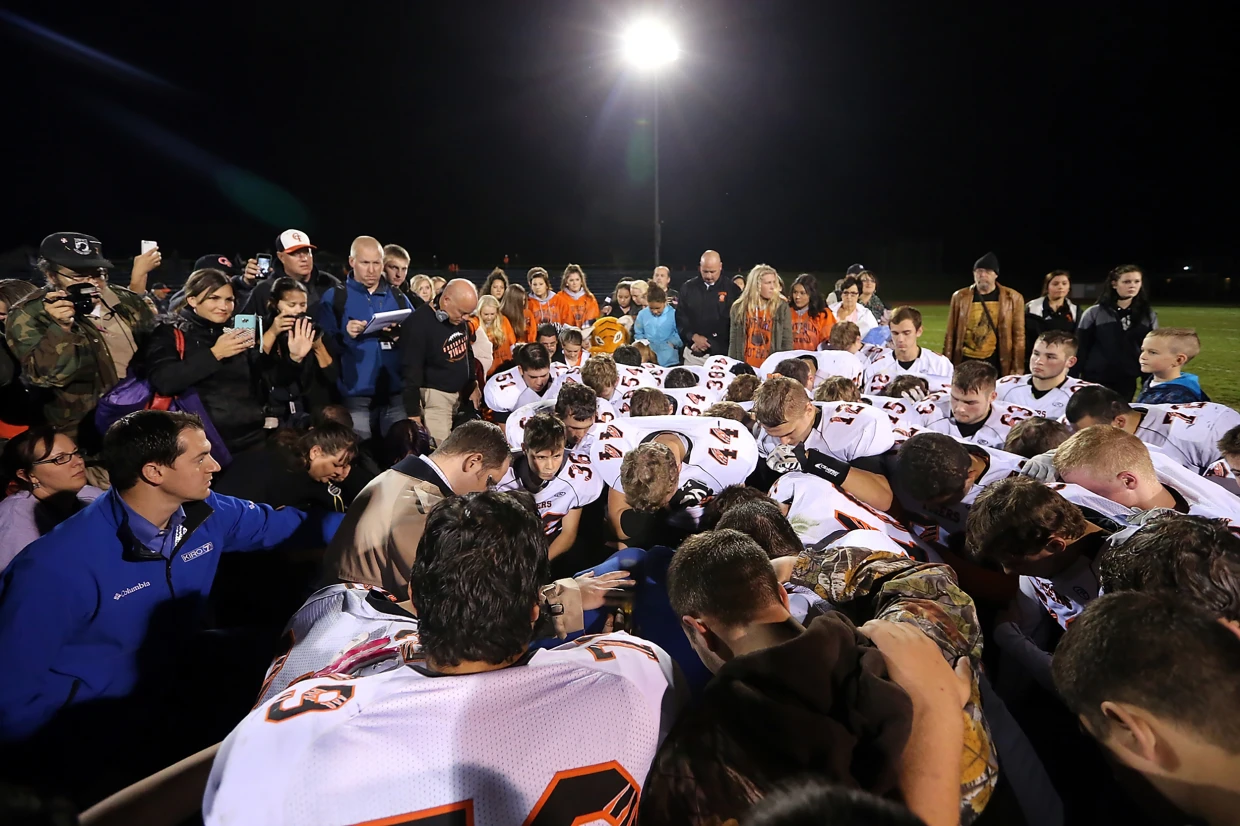June 8, 2011
“Slowly. You don’t have to rush it,” the rabbi said. I was trying to quickly tie a bow on the belt wrapped around the Torah.
My rabbi, Howard Jaffe of Temple Isaiah in Lexington, Mass., held his finger in the center of the string to assist. Bow-tying is a weakness of mine. I tie shoelaces by forming two bunny ear loops. I tied the strings and reminded myself to breathe. I was not on stage. I was in the chapel of my temple during the morning Shavuot service. There were only 15 people. Yet, I was nervous. I was doing something I had never done as a Jew, dressing the Torah. I came to the service expecting to take another step in my long path through grief after the loss of my brother. Instead, the service became more about my journey closer to my faith.
I went to the service because it also includes yizkor, a memorial service. I went to remember my brother, who died 25 years ago when he fell asleep at the wheel of his red jeep. I went, too, to experience what Shavuot is about, the moment Moses received the Ten Commandments at Mount Sinai. Our rabbi asked for volunteers as the Torah service approached. I agreed to dress the Torah. “I need coaching,” I said.
After tying the bow, I fumbled with the next part, wrapping the parchment scrolls with the orange velvet cover. Again, I rushed. I was supposed to wait for Rabbi Jaffe to hold the Torah so I could slip the cover – with two holes – over the pair of handles. My rabbi led me through with a few words and gestures. “Use the chain,” he said when it was time to attach the yad, the pointer used to point out the Hebrew words. I looped the yad around a handle. The Torah was dressed. I stood there, letting time purposely slow as if it were a shawl warming my shoulders.
“Yasher koach,” said Margie, a former temple president I knew well.
I returned to my seat. “Yasher koach,” said Marlene, who sat to my left. She is a congregant I just got to know.
“Yasher koach,” said Susan, who sat to my right. I knew her a little better.
I smiled in response, then realized again how little I knew about my own faith even as I grew closer to it. I did not know what “yasher koach” (pronounced YAH-shehyr KOH-ahkh) meant. I had heard the phrase countless times. But I had never bothered to ask what this Hebrew phrase meant. I knew it was something nice. People said it with warmth.
During yizkor, I did, like everyone else, return to a sorrow. Rabbi Jaffe asked each of us to say who we were there to remember and to say a little if we chose. I presumed I would stay dry-eyed. But hearing everyone’s stories built up emotion. I had planned on saying I was there to remember my brother Kevin and my grandmother Pearl. Instead, though I thought of both, I only mentioned Kevin.
Tears caught in my throat when I said my brother’s name. I spoke of the toughest aspect of this old grief – knowing that my brother, who died at age 23, would never meet my son.
“He is so loveable,” I said of my three-year-old boy. “I wish that my brother Kevin could have known him. We named him Simon Kevin.”
Some of us strangers, some of us friends, many of us hugged as the service ended. Like last year, I let myself again mourn my brother and say his name. But I also took another step toward becoming more of a Jew.
On the way home, I stopped at Starbucks and ran into my friend Margie. I asked her if she knew the meaning of “yasher koach.” Yes, she said. She believed it meant, “God gives you strength.” She urged me to look it up.
I got home and did what the Israelites could not do in that moment after Moses received the Commandments. I surfed the Web. Yasher koach is the expression Jews use to congratulate someone for performing a good deed. It’s usually said after someone takes on a role in a service. The phrase means, according to the ever-useful Judaism 101 site , “straight strength” in literal Hebrew or “May you have strength.”
May you have strength. The expression fits.




